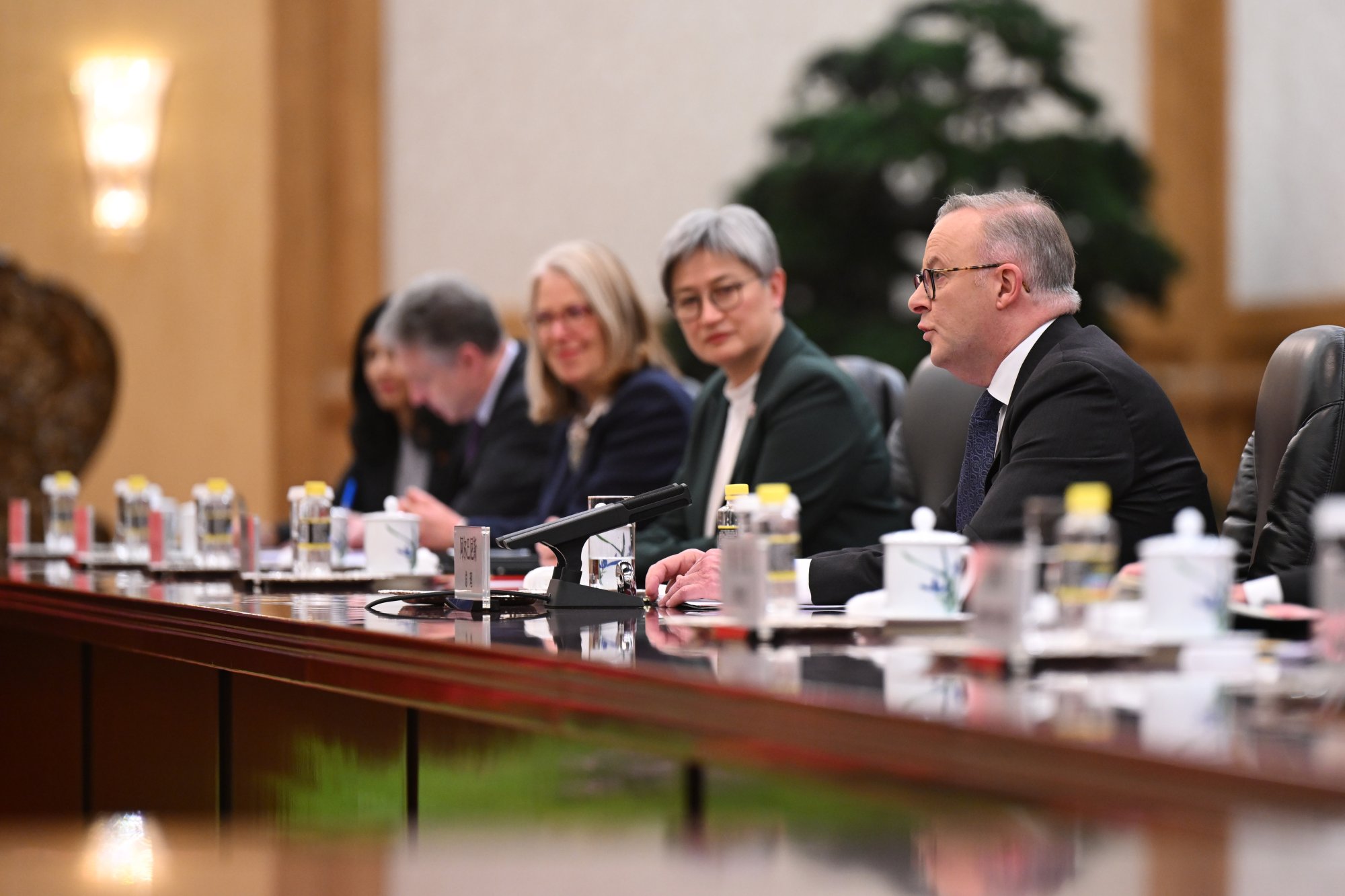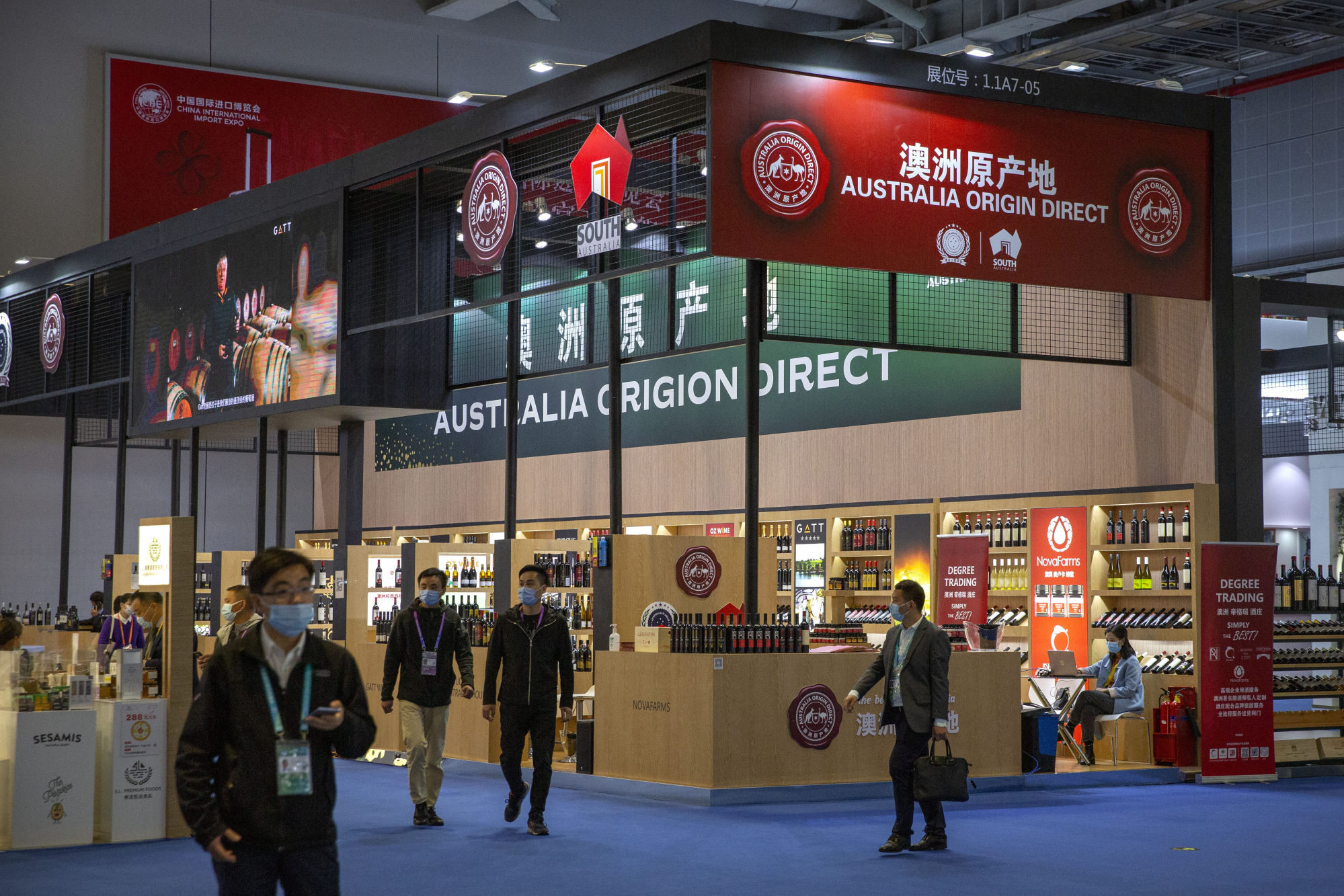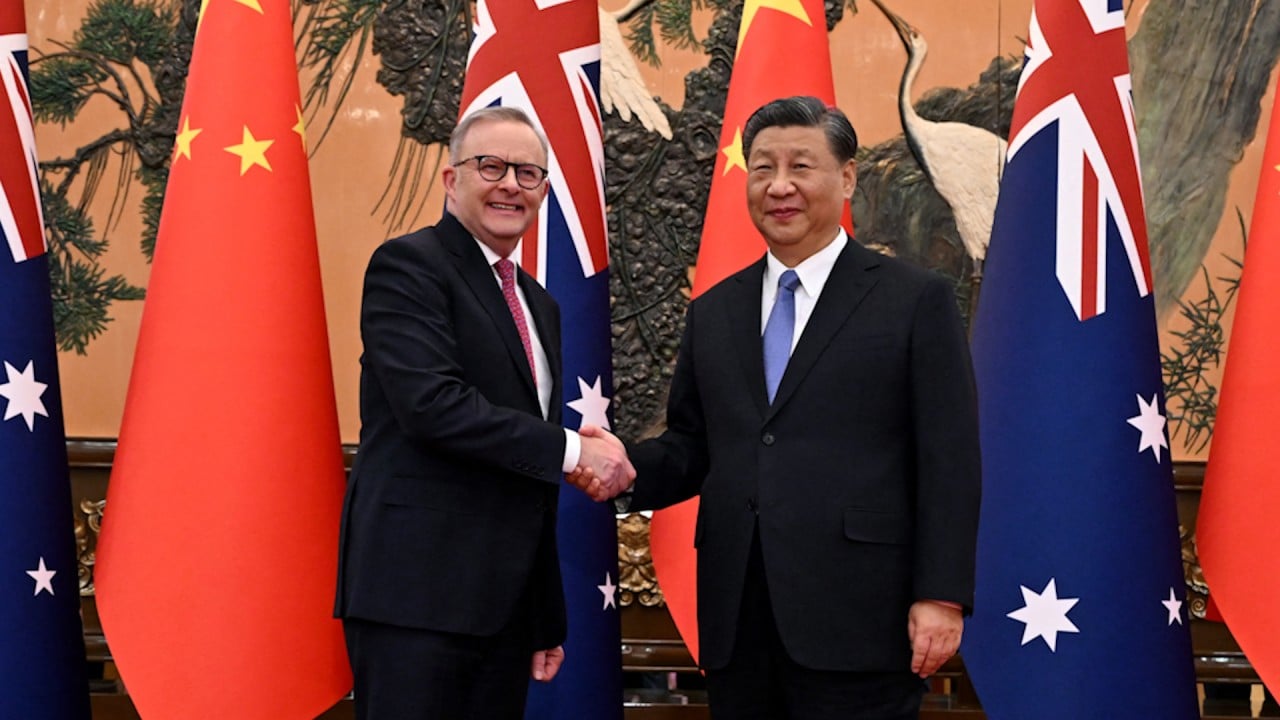Australia’s lack of independent foreign policy will hurt China ties, own interests in long term: report
[ad_1]
“The greatest risk to a stable long-term relationship is the expanding suite of issues deemed to be of national security significance in both countries, as they will over time erode trade and people-to-people links,” Jiang said.

Jiang noted that the mainstream thinking in China was that Australia had “firmly fallen into the American orbit” and become a vassal state.
Albanese’s trip also marked the 50th anniversary of the first visit to China by former Australian prime minister Gough Whitlam, and ended three years of antagonism between the two nations.
Jiang’s interviews with China’s scholars and insiders for the report, released on Wednesday, showed that Morrison’s move and those by prior Australian leaders were “shortcuts” to ensuring that “the US-Australia alliance would not be abandoned”.
With Canberra remaining firmly entrenched in its alliance with the US, many Chinese scholars and analysts were not optimistic about the long-term prospects of the relationship, Jiang said.
“The most common explanation for Australia’s strategic choices is that the Australian government is under significant pressure from the US and, as such, Canberra’s choices are not driven by Australia’s own national interests,” she said in the report. “Their expectations for the relationship are shaped primarily by increasing competition between the US and China.”

Following Morrison’s call on the coronavirus investigation, Beijing imposed informal bans on several trades with Australia not because it thought it could change Canberra’s loyalty to Washington, but to punish Canberra for disrespecting Beijing, Jiang said.
It was important for the Chinese government to be respected by other countries especially when it believed Western countries looked down on China during the “century of humiliation” – between 1839 and 1940s – and now, as a weaker country than theirs, Jiang said.
Given the circumstances, suspicions, particularly on national security grounds, abound in both countries, the report said.
Australia concerned about China economy, monitoring ‘very closely’
Australia concerned about China economy, monitoring ‘very closely’
These would not pave the way to a successful future relationship. Some partial economic decoupling would also occur, whether in reduced cooperation in tackling climate change or producing critical minerals, the report said.
“Some experts in [China] espouse the view that their country first needs to improve its relations with the US, and relations with Australia would consequently follow the same trajectory,” the report said.
Meanwhile, Chinese President Xi said during Albanese’s visit that the two countries had “embarked on the right path of improving … relations” and they had restarted an annual leaders’ dialogue.
The Economist Intelligence Unit (EIU) also does not see the relationship returning to “the high point of the early 2010s”.
“The governments remained divided on everything from human rights issues in China to Australia’s approach to assessing Chinese investments,” the EIU said in an analysis on Tuesday.
The two countries would carry out a more normalised trading relationship, but there would be no progress on the underlying “ideological issues”.
[ad_2]
Source link



